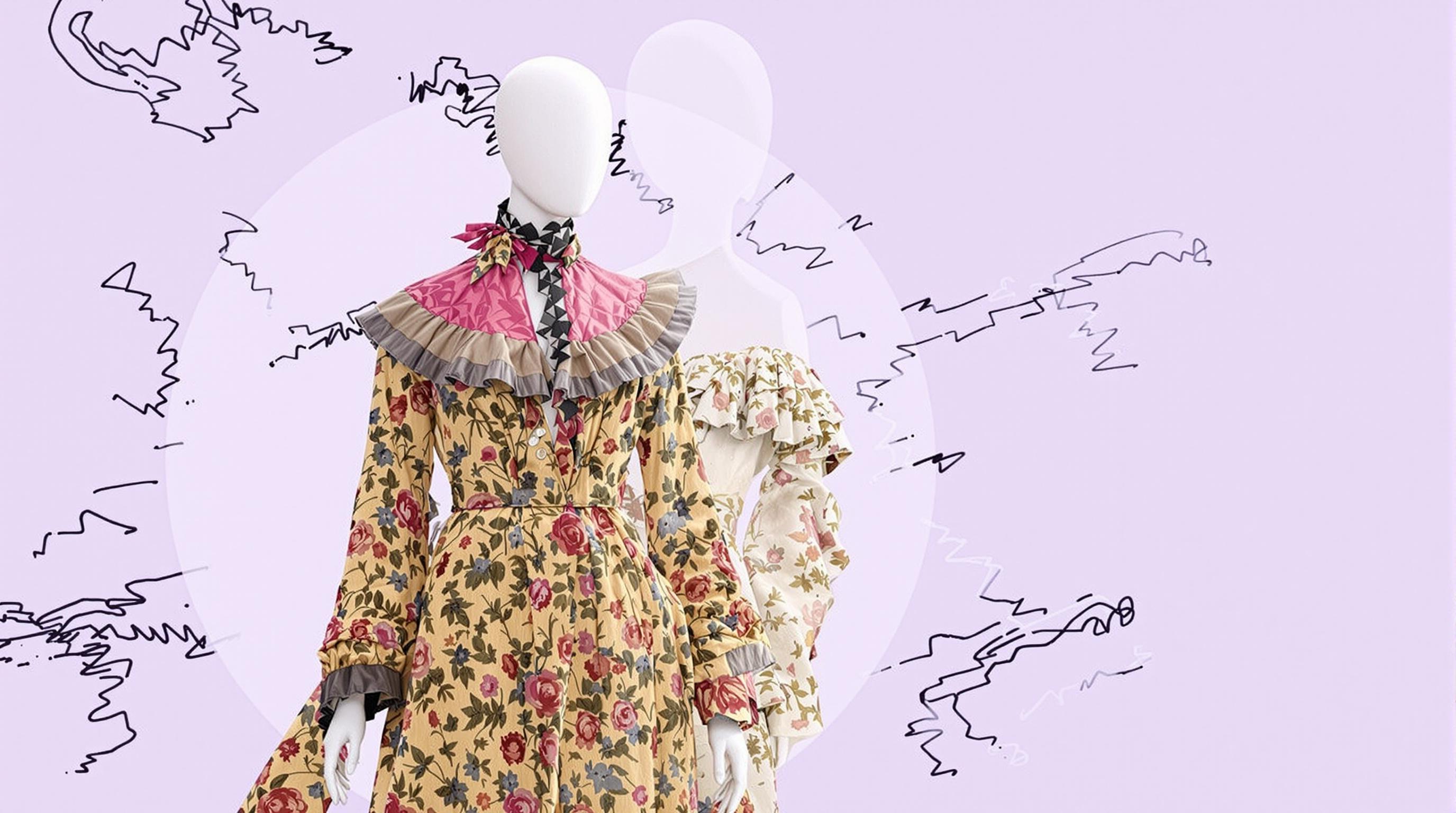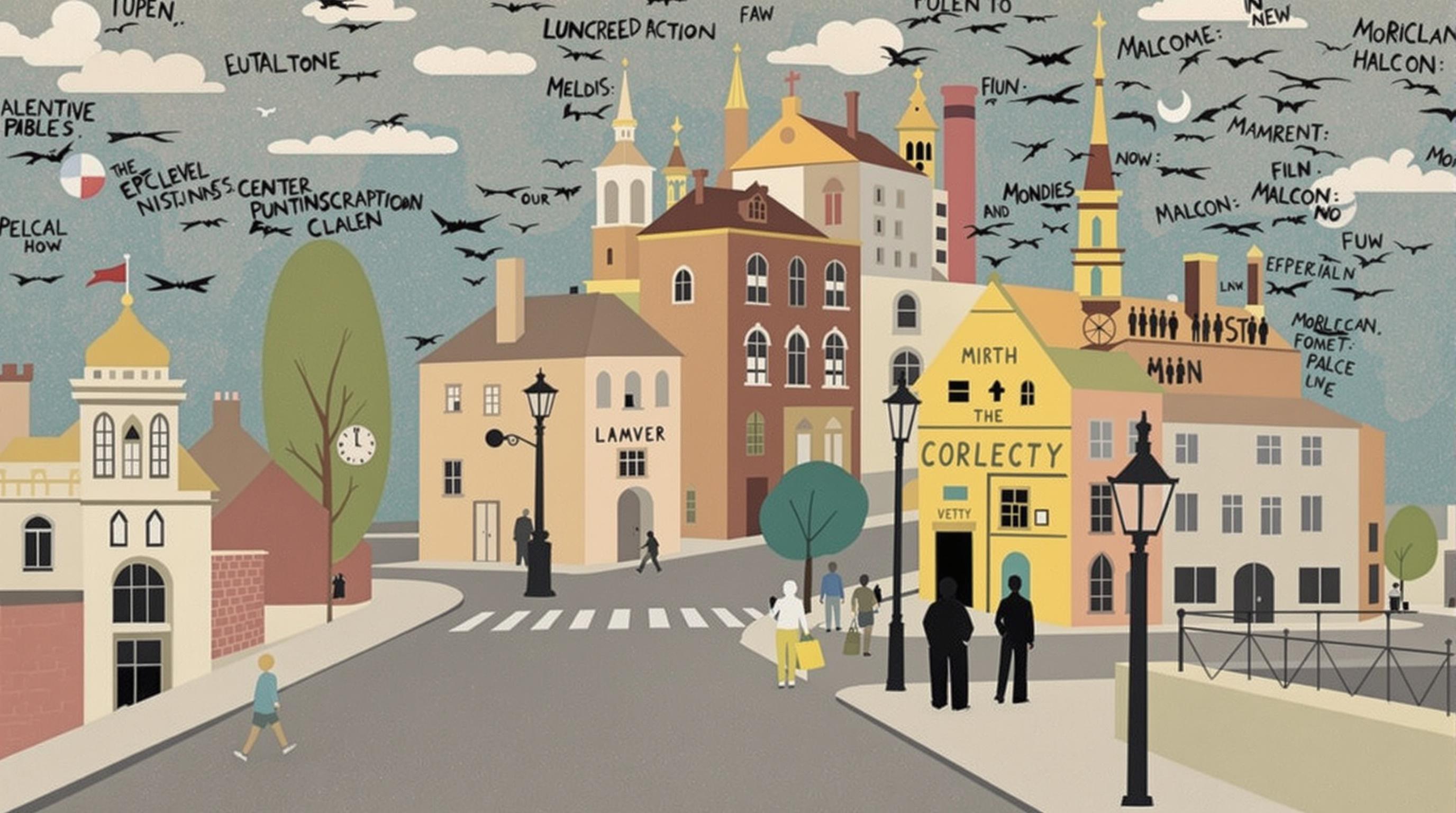Related Articles
- Invisible Threads: How Cultural Heritage Fuels Economic Growth in Off-the-Radar Communities
- How Unconventional Hobbies Can Boost Your Income: Exploring Unlikely Paths to Financial Enlightenment
- Uncommon Currents: How Waterways and Navigation Shaped Unexpected Economic Trajectories in Historical Contexts
- Whispers of Change: The Unlikely Role of Folklore in Crafting Today’s Privacy Policies and Data Protection Laws
- Surreal Shifts: The Unforeseen Role of Psychedelic Wellness in Global Consumer Preferences
- Unveiling the Financial Folly: How Conspiracy Theories Influence Market Behavior and Investor Sentiment
Whispers of Change: The Unlikely Role of Folklore in Crafting Today’s Privacy Policies and Data Protection Laws
Whispers of Change: The Unlikely Role of Folklore in Crafting Today’s Privacy Policies and Data Protection Laws
Folklore, the cherished tales passed down through generations, plays an unexpected yet pivotal role in shaping modern privacy policies and data protection laws. While technology evolves at lightning speed, these ancient narratives offer timeless lessons that can guide the safeguarding of our personal information in today’s digital age.
The Connection Between Folklore and Modern Privacy
You might wonder, “What do fairy tales and data protection have in common?” Surprisingly, a lot! From the fantastical tales in one’s childhood to cautionary stories about treachery and mistrust, folklore is rich with moral themes relevant to the age-old issues of consent, privacy, and preservation. Just as Little Red Riding Hood learned to be wary of strangers, we, too, must cultivate a sense of caution in our dealings with technology.
Storytelling: The Tool for Cultural Transmission
Most of us recall tales that left a mark—perhaps it was the crafty fox in Aesop's Fables or the wise old woman in traditional folklore. Each of these stories is not just entertainment; they are repositories of cultural wisdom. According to a study by the National Storytelling Network, over 85% of American adults believe storytelling is an essential tool for understanding heritage. This cultural lens shapes the way we view privacy and data protection today, often dictating our values and concerns regarding sharing personal information.
Statistics That Speak Volumes
In fact, research from Data Protection World reveals that 70% of internet users express significant concern about the security of their personal data online. As we recast our fears accumulated from folklore, the evolution of digital storytelling—especially via social media—has begun to reflect these worries. We must ask ourselves: Are we the characters of our own stories or merely players in a grand tale woven by data aggregators?
Twists of Fate: The Shared Morality of Folklore
Two centuries ago, folktales rallied communities for a moral cause, teaching them about good and bad within the framework of their societies. Fast forward to today's high-tech humanity, many privacy advocates act as the modern-day storytellers, stressing the importance of protecting personal information. Consider the case of GDPR (General Data Protection Regulation) in Europe: a pivotal moment akin to a moral fable illustrating how characters must be empowered to own their stories.
Folklore’s Ethical Compass
Privacy discussions today often reflect the age-old dilemmas found in folklore. In 2018, a survey indicated that 61% of millennials felt overwhelmed by the increasing complexity of digital privacy settings. Like tales of caution that advise against trusting too quickly, our understanding of digital ethics today encourages us to think critically before clicking “I agree” on lengthy privacy policies. Here, folklore provides an ethical compass that informs our digital choices.
Humor in the Age of Privacy Concerns
Let’s pause for a moment—who could have imagined that policy makers might channel the spirit of the Three Little Pigs? “Trust us—we're the brick house!” they say, while user data often gets huffed and puffed away into the oblivion of big data! Ironically, the creative warning from children's stories sends resonating vibes that invite consumers to question authorities and demand stronger data protections.
Case Study: The Three Little Pigs of Data Privacy
In 2020, after multiple data breaches, companies began adopting layered protection measures, much like the wise pig building the brick house after witnessing the wolves' antics. Firms now emphasize their commitments to data handling through narrative-driven campaigns. These stories evoke trust among clientele, reassuring them that their “house” is adequately fortified.
The Future: Bridging Old and New
Looking toward the future, the intermingling of folklore with data policies isn’t merely whimsical; it's necessary. Experts predict that in the next five years, half of all adults will have boycotted a brand over a data privacy issue. Could our grandparent’s stories about integrity, trust, and respect for personal boundaries be the foundational stone on which future privacy practices are built?
Empowering Individuals Through Stories
The impact of traditional folklore extends well beyond just awareness; it fosters empowerment. Take, for instance, the emerging trend of individuals sharing their data vulnerability stories in podcasts and articles. These narratives create space for personal expression while simultaneously building community solidarity. “I’ve been data-mined!” becomes a rallying cry, akin to an ancient battle chant.
Bland Policies Are Out: The Call for Creative Language
To punch through the jargon-laden, impenetrable walls of privacy policies, innovation and storytelling are key. We need to merge folklore's enchanting style with technology’s cold hard facts to engage the audience. A captivating approach can transform an otherwise tedious legal document into a charming narrative that resonates with users. After all, who wouldn’t prefer to decipher a policy that begins, “Once upon a time in the land of data privacy...”?
Conclusion: Weaving Our Tales with Privacy Protection
As we navigate a world rich with stories—both traditional and contemporary—the role of folklore in our understanding of privacy policies and data protection laws becomes increasingly clear. In a time when personal data is often misunderstood and mishandled, the timeless teachings of folklore can empower us to advocate for better protections and informed consent.
So, let’s not overlook these whispers from the past as we move forward; instead, let them be the guiding fables that help shape our digital journeys, ensuring that we maintain the integrity of our personal narratives for generations to come.




